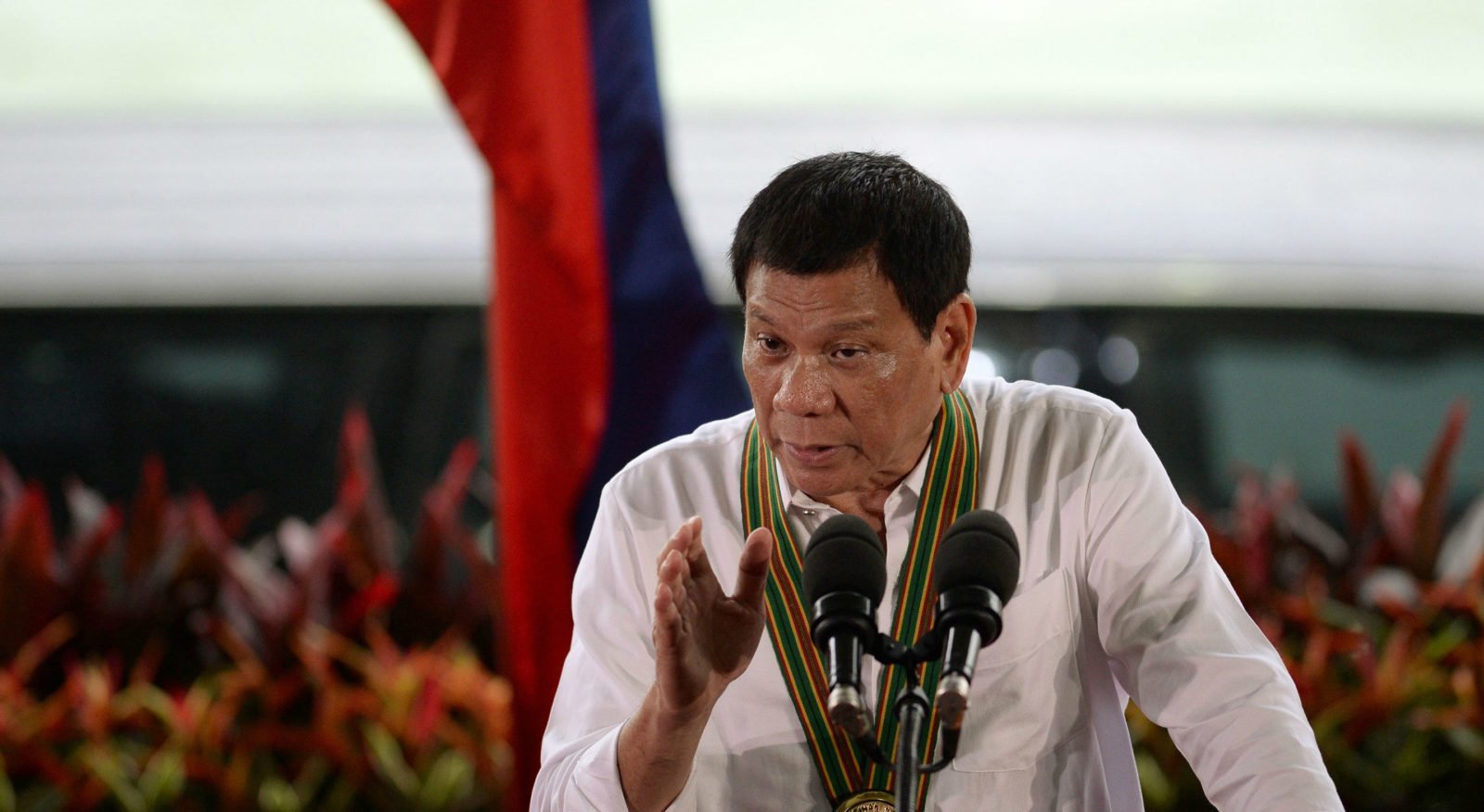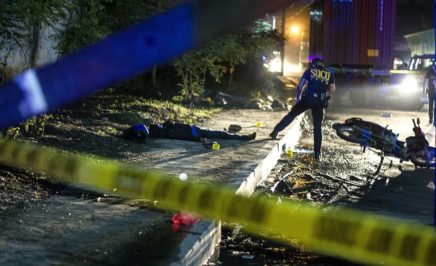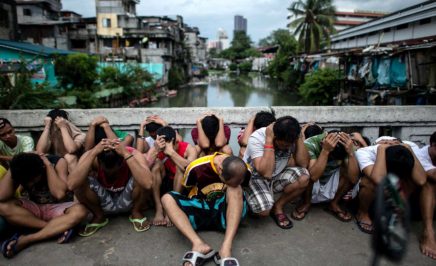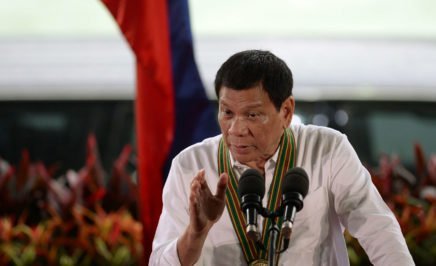The Philippine government must ensure that human rights are protected during its campaign against militants in Mindanao, as martial law remains in place, Amnesty International said.
President Rodrigo Duterte on Friday extended martial law in the southern island of Mindanao first imposed on 23 May 2016, for a further six months, to 31 December 2017. Since 23 May, Philippines armed forces have battled against the Maute group, which has pledged allegiance to the armed group calling itself the Islamic State, in Marawi City, the capital of Lanao Del Sur province in northern Mindanao. The extension followed a vote by lawmakers at a special joint session in Congress.
“Amnesty International is seriously concerned about reports that the Philippines President Rodrigo Duterte gave troops an unequivocal license to kill civilians with impunity while fighting ISIS-aligned militants in Marawi earlier this year. Any extension of martial law must be exercised with caution and be proportionate to any alleged threat posed,” Amnesty International Australia Crisis Campaigns Coordinator, Diana Sayed said.
“The Australian Government, in its planned supply of surveillance airplanes to the effort, needs to make sure that it does not become complicit in the killing of civilians in Marawi.
“At a minimum, Australia should be leading calls on President Duterte to protect civilians and make sure that a proportionate response is taken to any alleged threat from extremist groups in Marawi.”
“At a minimum, Australia should be leading calls on President Duterte to protect civilians and make sure that a proportionate response is taken to any alleged threat from extremist groups in Marawi” – Diana Sayed
“Ongoing martial law in Mindanao must not mean that human rights take a back seat at a time when people need crucial protections more than ever. The Philippines armed forces must show the utmost restraint to ensure that civilians are safeguarded during operations in Marawi,” said James Gomez, Amnesty International’s Director of Southeast Asia and the Pacific.
Lawmakers should also take the lead in ensuring that the armed forces and state institutions are held accountable for their actions throughout the imposition of martial law.
While the total death toll from the fighting is still unknown, hundreds of people have been killed, including dozens of civilians trapped in areas of Marawi under Maute control.
“The continued imposition of martial law by an administration which has been involved in large-scale human rights violations is worrying, to say the least. The bloody abuses we have seen, especially against poor and marginalised people, during President Duterte’s ongoing ‘war on drugs’ must not be replicated in Mindanao,” said James Gomez.
“Any reports of human rights violations must be investigated and those responsible, irrespective of rank or status, held to account, regardless of what side they belong to. Impunity cannot become the norm.”
As fighting has continued in Marawi City, more than 200,000 people have been forced to flee their homes since the fighting began in May. While the government has set up displacement camps and funnelled in aid, there is a risk that with prolonged displacement, the humanitarian situation will worsen.
“The Philippines authorities’ efforts to provide aid to those displaced have been commendable, and must continue as people try to return to their homes and rebuild their lives. The government should frequently reassess the situation, so that martial law is repealed as soon as is possible. The government should also lift the suspension of the key right of habeas corpus, which may never be derogated from, even in times of emergency.”




